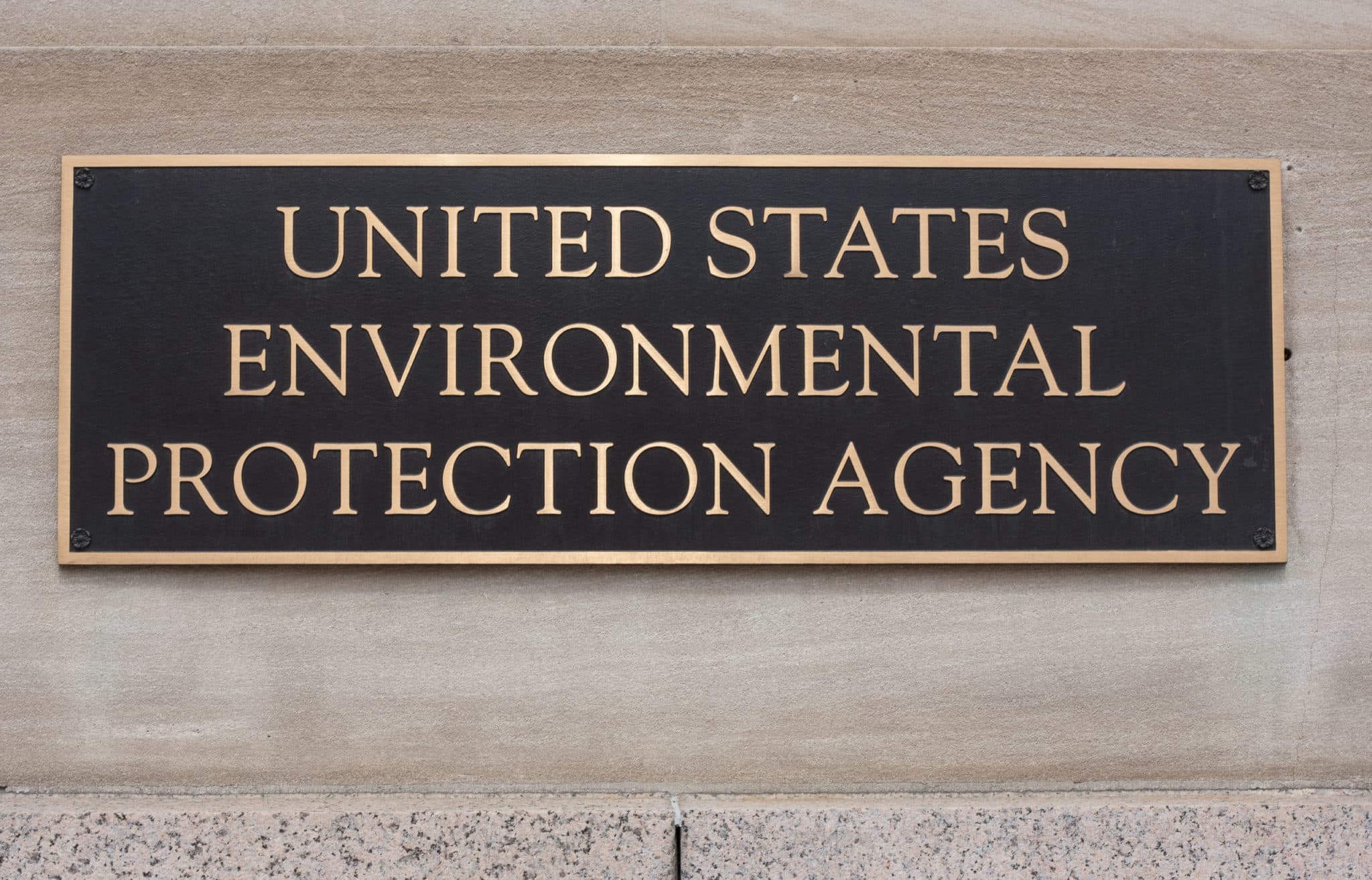
Under the Clean Air Act, the EPA was given the authority to regulate “air pollution agents.” Yet, the Environmental Protection Agency dragged its feet when it came to tackling regulations on carbon dioxide, which has been identified as a major factor in climate change.
The state of Massachusetts, among other American states, filed and brought about a case which would reach all the way to the Supreme Court. At the end, the Court ruled that the EPA was bound under the Clean Air Act, to go ahead with carbon regulations. The Court ruled 5 – 4 in favor of the state of Massachusetts.
Shortly after, Senators from states such as West Virginia threatened to block the EPA’s efforts to regulate carbon emissions. The coal industry itself promised to join the fight.
The case against the EPA was brought by one James Milkey, an environmental lawyer in the Massachusetts state Attorney General’s office in 2007. It would take two years before the EPA would draft a list of regulations the Supreme Court compelled it to do.
Today, James Milkey sits as an Associate Justice on the Massachusetts state Court of Appeals, but he has not lost interest in how climate change is impacting the earth and people’s quality of life.
Milkey has been quoted as saying that climate skeptics and their endeavors to underplay the seriousness of climate change is “extremely depressing.” However, his former legal opponent, the Environmental Protection Agency, seems to get the most props in relation to tackling the issue. Milkey said in a 2010 interview that “the current EPA is doing its best . . . with the authority it has.”
Environmental protection is a personal endeavor for Milkey. Seven years before he would file Mass v. EPA, Milkey took a year off from the MASSAG’s office in Denmark. It was during this year with his wife that he truly began to understand the effect of climate change and realized he could have a key role in prompting the American government to spark pivotal strides in improving the environment and decreasing global warming.
Milkey would spend the next six years filing and prepping the EPA case that would end up in front of the United States Supreme Court. He lamented that he worked late many nights to present the case. Milkey also pointed to a 2001 move by then-President Bush, who reneged on a campaign promise regarding the regulation of greenhouse gas emissions. Although the Clean Air Act had given the EPA the authority to craft, put forth and enforce greenhouse gas emissions, the Agency at that time seemed to be in no rush to do so. This spurred the filing of the case.
Milkey pointed to a famous exchange with conservative Justice Antonin Scalia during the presentation of the case. When Milkey corrected Scalia’s misuse of the term “trophosphere,” Scalia replied: “Troposphere, whatever. I told you before that I’m not a scientist. That’s why I don’t want to deal with global warming, to tell you the truth.
Milkey related that his court case didn’t get much press attention; however, he believes it is a landmark case that will be cited in future environmental court cases. Plus, although some climatologists have been caught tweaking the statistics of environmental fallout, Milkey still holds hope that the public and the government will not drop the proverbial ball on climate change initiatives and regulations to decrease pollutants.





